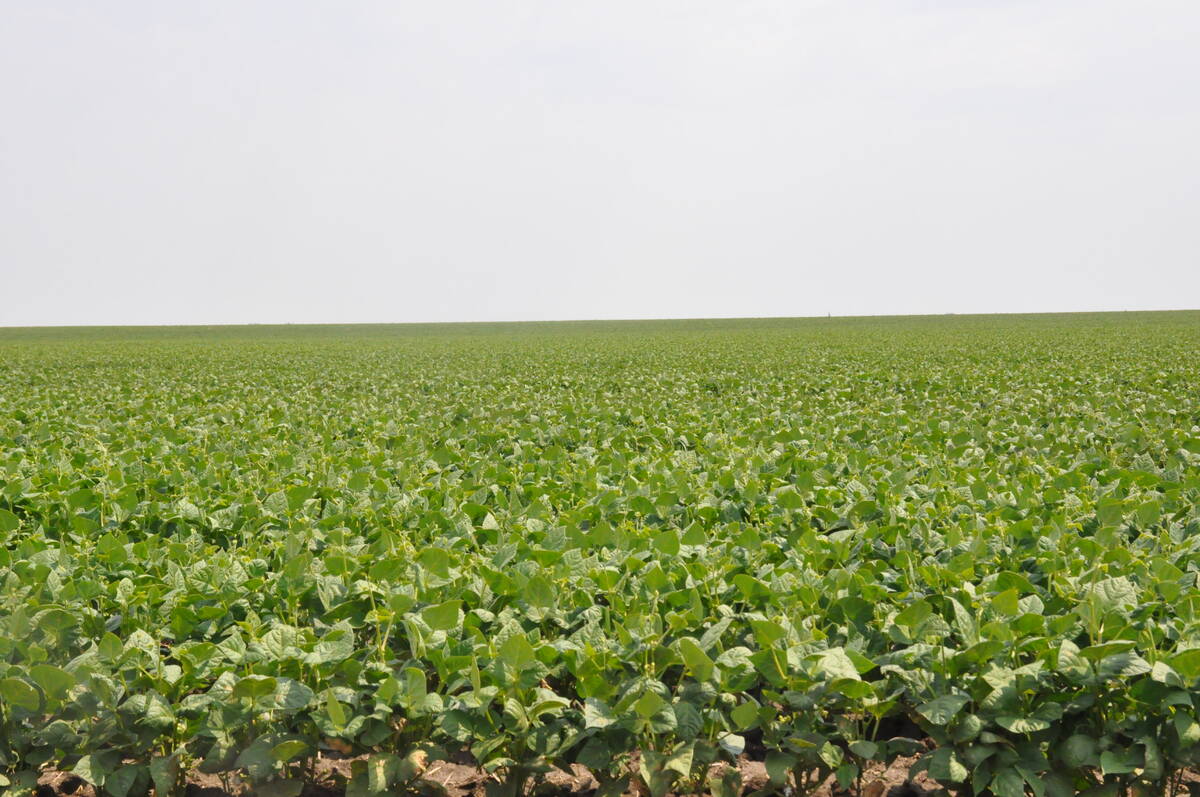Prairie residents are concerned about climate change, but are divided
on who should be dealing with it.
Those are the preliminary results of the Prairie Adaptation Research
Collaborative Natural Resource policy survey conducted by the
University of Alberta and the Canadian Forest Service.
The web-based survey selected 1,000 prairie residents from the
agriculture and forestry sectors, producer and commodity groups,
government and universities.
Adam Wellstead, who is conducting the survey, said its purpose is to
Read Also

Coloured bean production down, whites are up
Bean prices have been slumping and the outlook is for more of the same.
study climate change and natural resource issues on the Prairies. It
seeks to measure the values and beliefs of policy makers and those
within non-governmental organizations who influence the direction of
the Prairies’ agricultural, forestry and water sectors.
“Existing beliefs drive public policy,” Wellstead said.
Preliminary findings have shown there are differences in approaches
toward public policy, but also found most surveyed are concerned about
climate change issues.
Wellstead said about a quarter of respondents thought climate change
was “somebody’s else problem.”
He said there was also a lot of emphasis on provincial and federal
government roles, but surprisingly little at the international level.
Most saw the Kyoto protocol as a short-term Band-Aid.
“People realize it is a long-term thing,” he said.
Duncan Broadfoot, a director with the Keystone Agricultural Producers,
plans to complete the 25-minute survey, but questions its intentions.
He felt the questions might be trying to fit the answers to the latest
round of talks on global warming and climate control.
“Are we trying to get to an answer we have already selected or is it
truly a good survey?” he said.
He criticized the 50-year time frame used to show temperatures are
rising. He said more weather data is available that might provide a
fairer outlook and a truer value when dealing with climate change.
Wellstead said the survey results are meant to help farmers gauge
government’s basic attitudes to climate change and how all groups and
individuals have roles in public policy making.
It will help show the role of government agencies and other influential
forces in shaping climate adaptation policy in Canada, and shed light
on how effectively government is at creating policies and carrying them
out.
The web-based survey format was chosen to lower costs and increase
efficiency and accuracy. Those without internet access were mailed
copies.
The Saskatchewan agricultural sector is under-represented in the
survey, said Wellstead, who hopes to find more people to survey in that
province.
A final report is expected in June.














